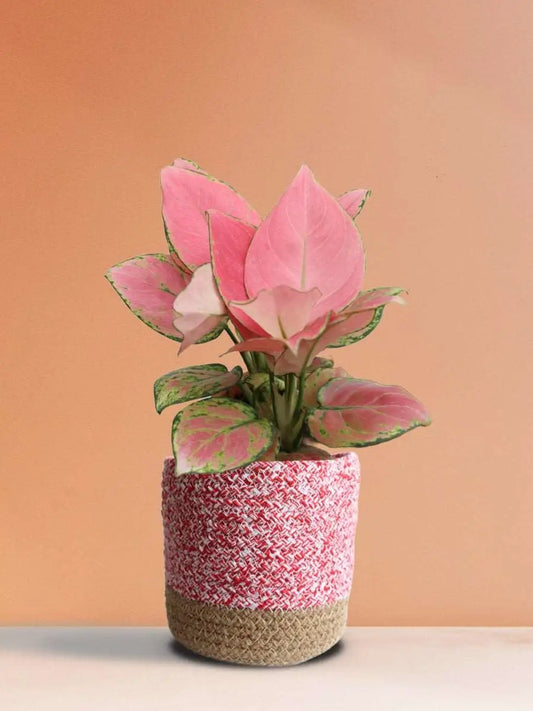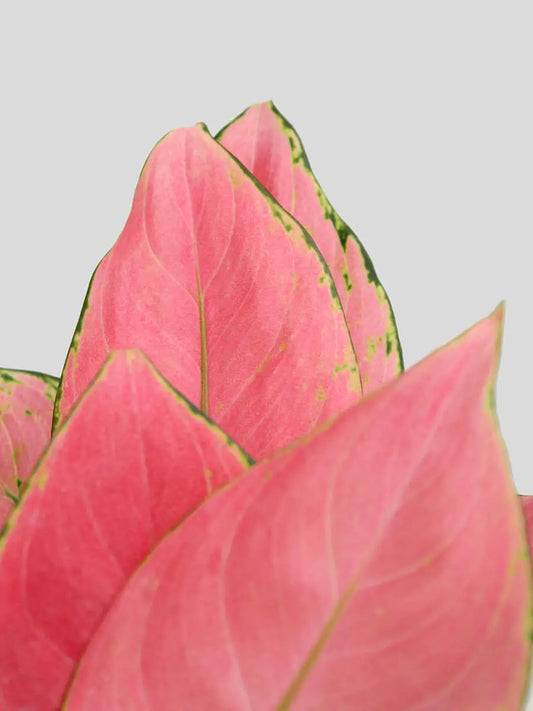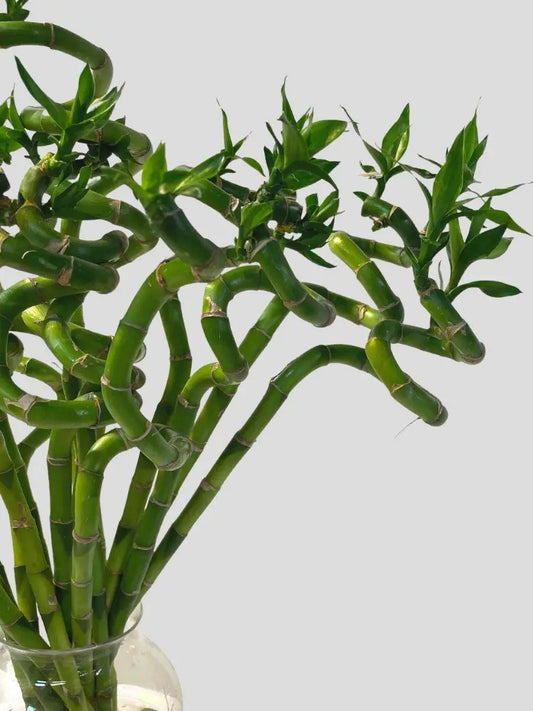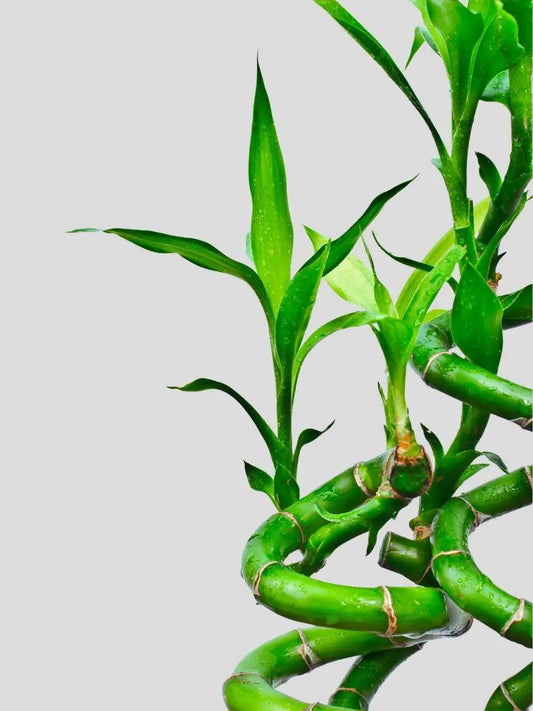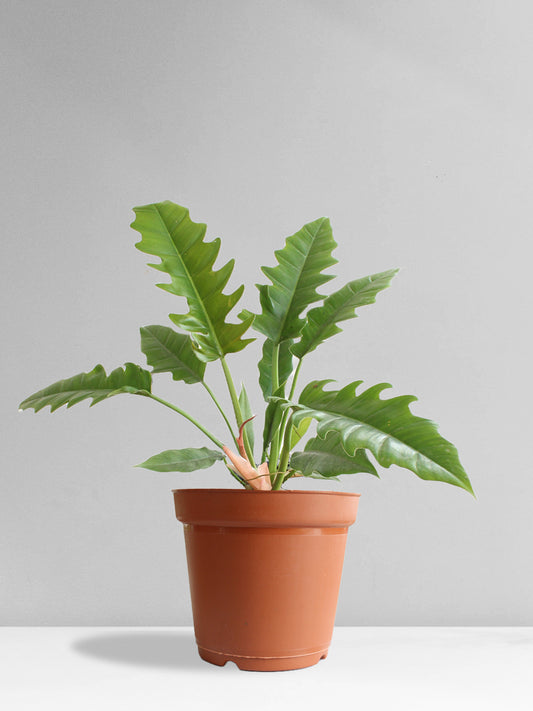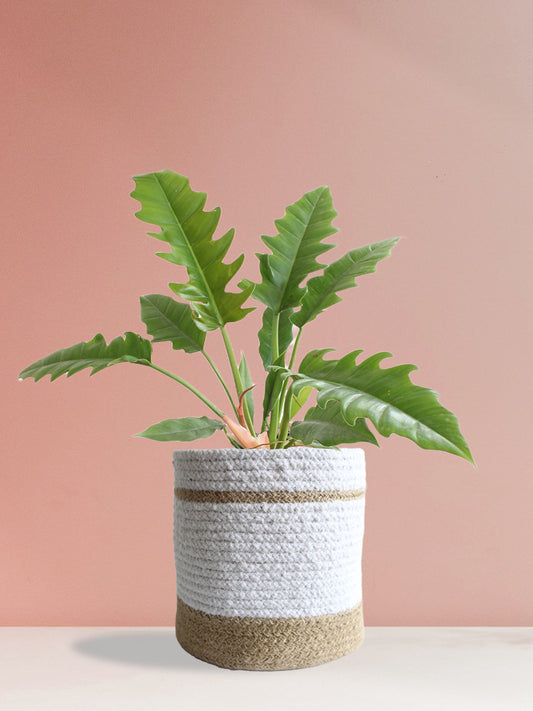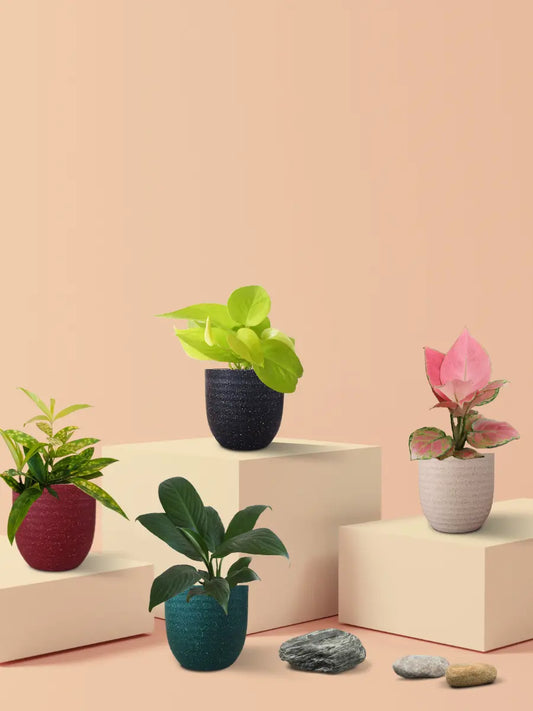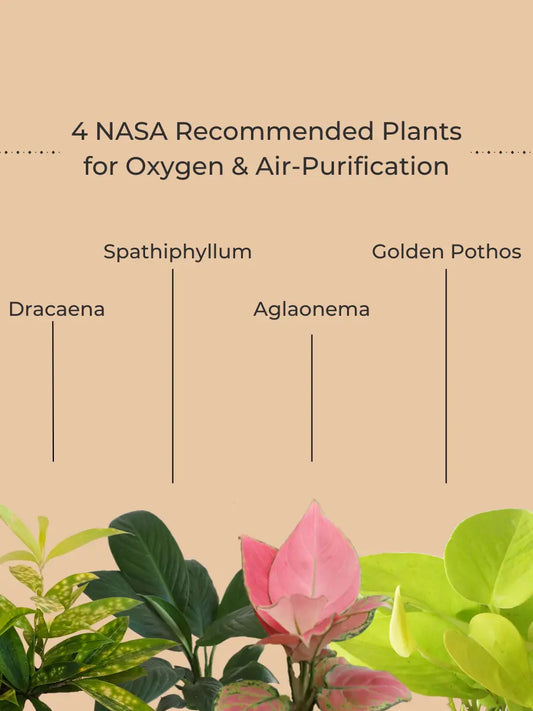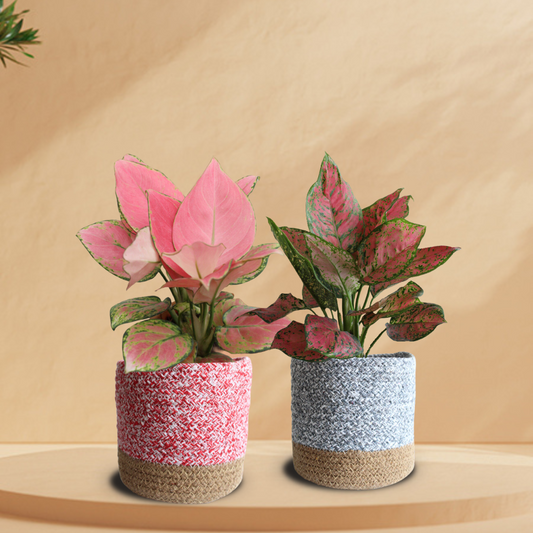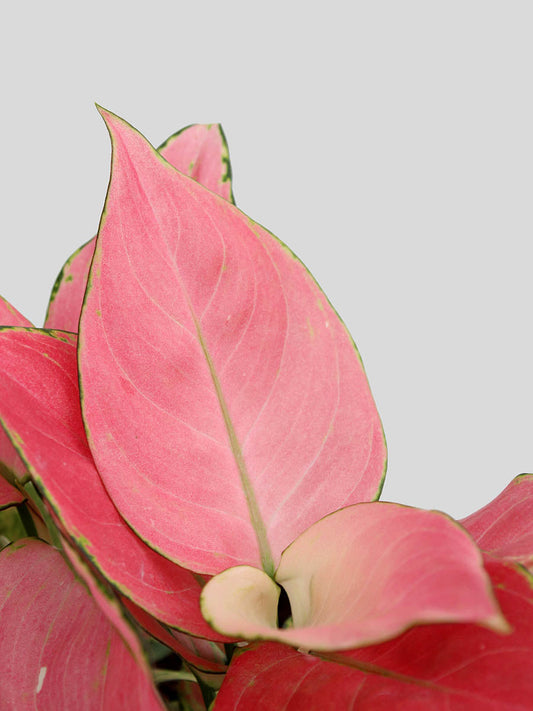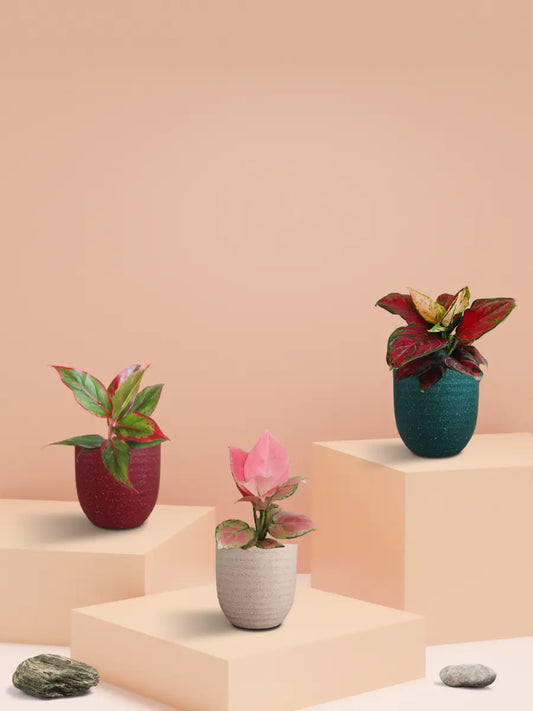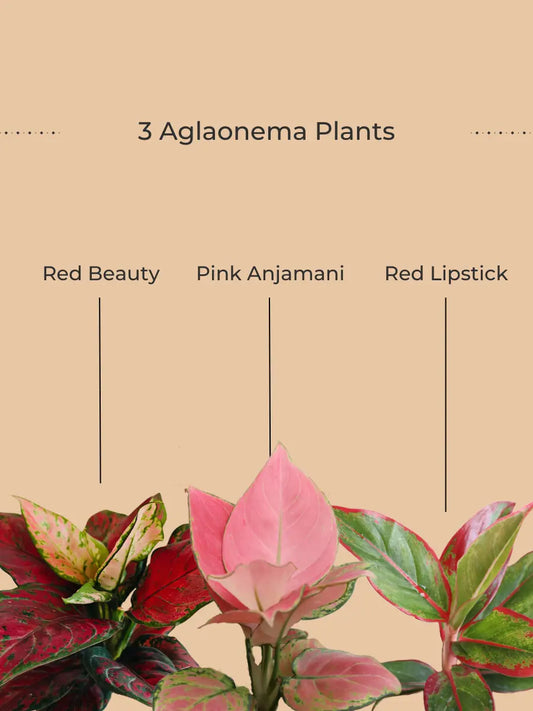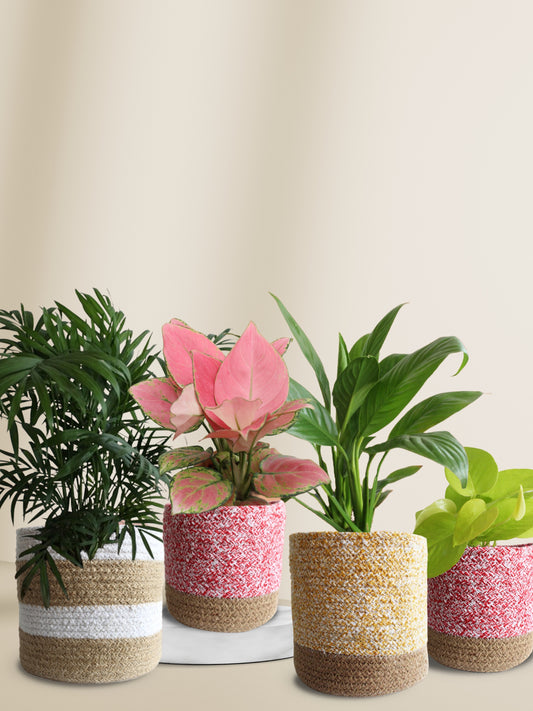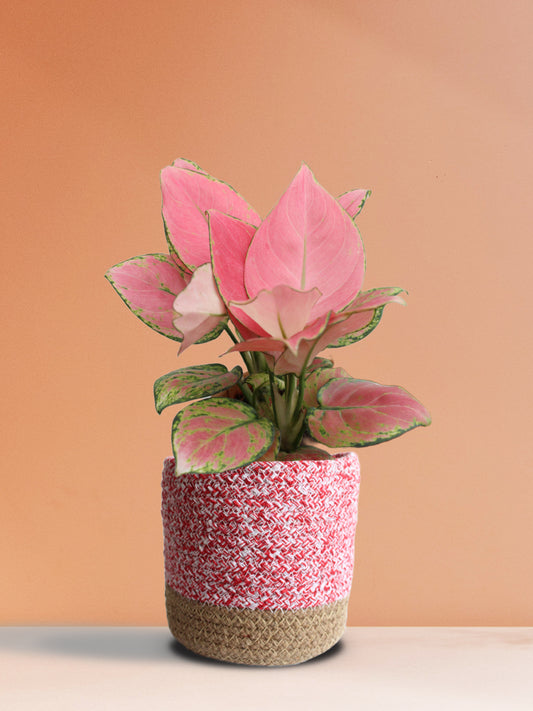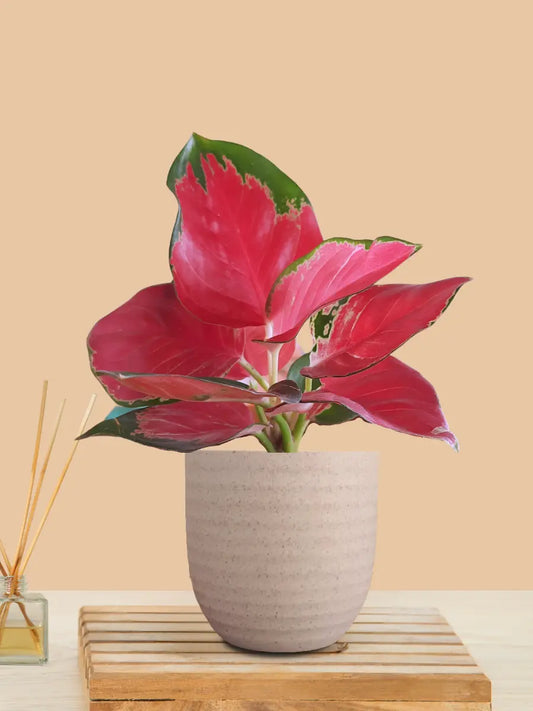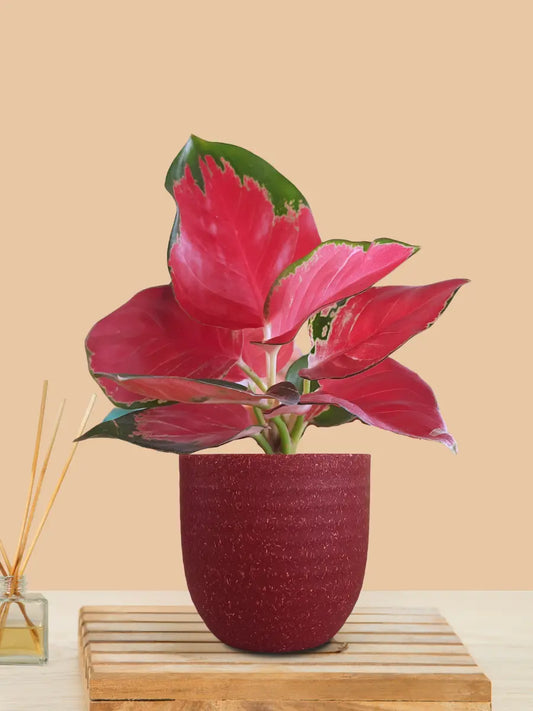Winter Plant Care Guide
Does fall or winter hinder plant growth? Winter, fall, & the colder months usually mean cold weather, warm clothes, & hot drinks. People are usually happy when the seasons change, but plants may struggle with the sudden cold, less warmth, & shorter days.
Not convinced you can care for indoor plants in winter? There are answers here for you. Learn how to keep plants alive in winter by reading this article.
Why should I care for my plants during winter month?

Plants struggle with reduced metabolism, growth, & dormancy in winter. When you take care of plants in the winter, you need to know about the physical & outdoor factors that can affect their health. Some scientifically based reasons for winter care:
1. Root Health:
Too much water in the soil can cause root rot pathogens to grow, & frozen soils can hurt plant roots by blocking their growth & nutrient access. These factors can cause plant death by restricting nutrient uptake & causing physical damage to sensitive root systems.
2. Concerns Regarding Pests & Diseases:
Fungi & bacteria can multiply under cold stress, affecting plant health. Moreover, as healthy plants typically resist diseases & parasites, cold stress may weaken a plant's immune system, leaving it more susceptible to these pathogens.
3. Less Photosynthesis:
The shorter days of winter make sunlight less strong, which means plants can't get as much energy from photosynthesis. Some plants may go into winter hibernation which makes their metabolism even slower. Cold temperatures can speed up the breakdown of chlorophyll, which makes leaves lose their green color & make it harder for them to absorb sunlight. Both of these factors make photosynthesis less effective.
4. Lack of Water:
Transpiration, the process by which plants lose water, can make winter plants dry out. Wind & low humidity can make this problem worse. Also, cold ground in cold places can make it harder for plants to take in water, even if the soil is still wet.
Also Check This: Small Indoor Plants for Your Apartment: Greenery & Elegance
5. Temperature Stress:
Plants can be physiologically stressed by low temperatures & frost, which can damage cells & change how metabolism works. In extreme cases, ice formation can dry out cells & cause them to break. Enzymatic processes also slow down. Another thing that cold may accomplish is to form ice crystals, which freeze water inside cells & hurt them.
Important steps to prevent plants in winter

The following are important steps to take to ensure the health of plants over the winter:
1. Avoid Extreme Weather:
Normal temperatures during the winter are acceptable for houseplants, but major fluctuations in temperature are harmful to them. It is very important to keep plants away from heaters, cold air vents, & hot air vents. Sudden changes in temps could dry them out, stress them out, or hurt them.
2. Do Not Overwater:
Plants need less water in winter due to reduced sunlight. If you water a plant once a week in July, it may be as if you neglected to water it for two weeks. Consider checking the potting mix prior to watering at specific times. Avoid watering moist soil for days. Keep in mind that adding water is a simpler process than removing it when underwater.
3. Consider Sunlight:
Winter plants get less sunlight, so put them near windows & on a plant stand. To ensure all sides get sunlight, turn pots quarter-turn weekly. Most plants adjust to seasonal fluctuations without increased light. No matter how much light they get, plants will change to fit. Remember that plants adapt to the weather.
4. Pause Fertilizer:
In winter, most houseplants rest & don't grow. So no fertilizer is needed. Stop fertilizing in winter & resume in the spring, when plants can make better use of the extra sunlight.
Also Check This: Christmas Plant Decor Ideas
5. Examine Houseplant Pests:
Spider mites like warm, dry places. Aphids & scales, which eat sap, come out in the winter. Look at leaf undersides, stems, & leaves to get rid of these bugs. Remove bugs with your fingertips or an alcohol-soaked cotton ball. Neem oil & insecticidal soap work well for huge infestations.
6. Enhances Humidity:
Winter plants thrive in 10–20% humidity. So, put plants together & let the soil's water drain while the leaves fall off naturally. This will raise the humidity. Place plants on water-and-rock trays. Keep tray bottoms above water to avoid root rot. This creates a smaller, more humid plant habitat. However, misting plants doesn't work because research shows that increasing humidity requires many mists a day. Also, keep the air moist with a nearby fan.
7. Avoid Repotting Houseplants:
The spring & summer are ideal times to repot houseplants because that is when they are actively growing. Winter is an unsuitable time to repot, as it may disturb dormant or relaxing plants. Instead of repotting in winter, plant seeds to relieve cabin fever.
8. Keep Leaves Clean:
Remove dirt from plant leaves to maximize winter sunlight. For large leaves, use cloth dusting gloves. Wipe leaves with a damp towel or give the plant a brief spray (mist) to clean it. This will maximize the amount of sunlight.
9. Don't Worry About Fallen Leaves:
After being outside all summer, houseplants may shed some leaves as they adjust to a lesser light. Regularly, these things take place. Year-round indoor plants lose some leaves in winter. So, losing leaves in winter prepares the houseplant for reduced light. This is to be expected & should not cause any concern.
Also Check This: Top 11 Religious Plants in India: Sacred Plants of India
Conclusion
During the winter, plants slow down in terms of growth, metabolism, & dormancy. Keeping them alive demands an awareness of the environmental & physiological components that affect their health. Therefore, remember the before-mentioned steps to ensure the plants' health through the winter.
For more updates, stay connected with Greenkin.


